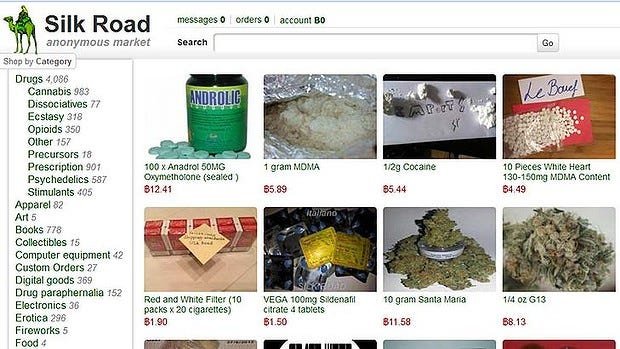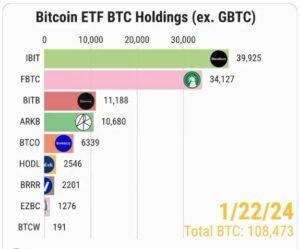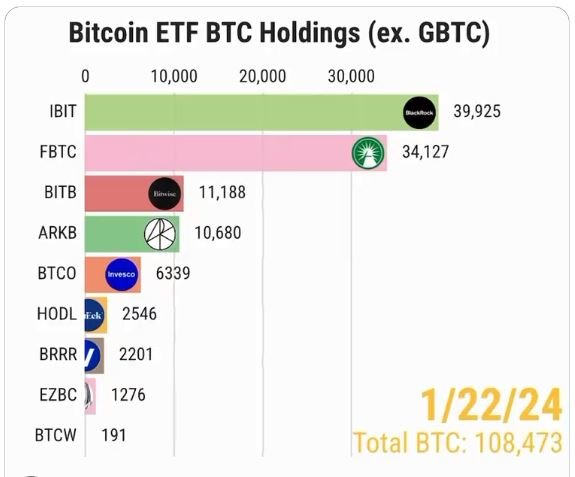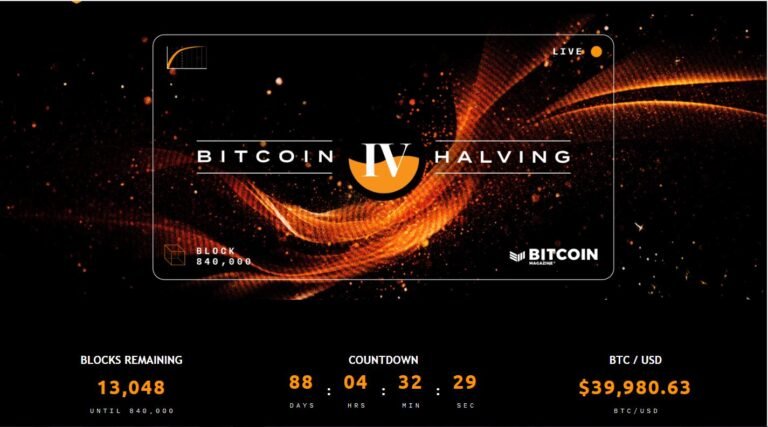Ross and the Silk Road
- 13 years ago, Ross Ulbricht started the Silk Road, an important Bitcoin marketplace.
- The Silk Road allowed people worldwide to trade freely.
| Type of Site | Online Market |
| Available In | English |
| Owner | Ross Ulbricht (pseudonym Dread Pirate Roberts) |
| URL | Old URL: silkroad6ownowfk.onion (defunct) New URL: silkroad7rn2puhj.onion (defunct) |
| Commercial | Yes |
| Registration | Required |
| Launched | February 2011 |
| Current Status | Shut down by the FBI in October 2013. Silk Road 2.0 shut down by FBI and Europol on 6 November 2014. |
How Silk Road Changed Things
- Silk Road made it possible for people to do anonymous transactions, making everyone talk about privacy and using cryptocurrencies.
- It became a leading way for people to start using Bitcoin for buying and selling things.
Legal Trouble and Jail Time
- In 2013, Ulbricht got arrested for running the Silk Road.
- He was found guilty of many crimes like money laundering, hacking, and drug trafficking.
- Ulbricht got a life sentence with no chance of getting out in 2015.
Debates and Criticisms
- Some people think Ulbricht’s punishment is too harsh compared to what he did.
- Supporters say this website made people see the good side of cryptocurrencies, not just the bad.
Call to Free Ross Ulbricht
- Different groups and individuals want Ulbricht to be released, saying his punishment isn’t fair.
- People asking for mercy talk about his non-violent history and how rules about cryptocurrencies are changing.
What the Case Means for the Future
- The Silk Road case made rules about cryptocurrency crimes.
- If Ulbricht is freed, people might talk about changing how we punish non-violent tech-related crimes.
Ongoing Talk: Let Ross Ulbricht Go
- More and more people are saying “Free Ross” on social media and in the cryptocurrency world.
- Supporters think Ulbricht being in jail shows how hard it is to control new technologies.
Wrapping It Up: Looking at Silk Road’s Legacy and Supporting Ross Ulbricht
- As cryptocurrencies get more popular, Ulbricht’s case reminds us of the fight between new ideas, rules, and personal freedoms.
- Supporters think it’s time to think again about how hard Ulbricht’s punishment is, and they want the authorities to let him go.
Investigation and Arrest
A special agent named Gary Alford from the IRS conducted research off-duty and played a key role in figuring out that Ross Ulbricht was the likely founder of Silk Road.
Alford tracked mentions of specific internet addresses, leading him to a user named “altoid,” eventually connecting this user to Ulbricht through a job posting with Ulbricht’s personal email.
Ulbricht got arrested on October 2, 2013, at a library in San Francisco.
Legal Charges and Seizure of Assets
Ulbricht faced many charges, including running a criminal enterprise, selling drugs, hacking computers, laundering money, and making fake IDs.
He was separately accused of trying to hire someone to commit murder, even though no murders happened.
The FBI initially took 26,000 bitcoins from Silk Road, eventually taking a total of 144,000 bitcoins that belonged to Ulbricht.
Trial and Conviction
Ulbricht’s trial started in January 2015. At first, he admitted to starting Silk Road but said he gave control to others soon after.
The defense argued that someone else, Mark Karpelès, was the real Dread Pirate Roberts, but the judge said they couldn’t make guesses like that.
Prosecutors showed evidence that went against Ulbricht’s claim of giving up control, including documents and chat logs from his computer.
On February 4, 2015, the jury found Ulbricht guilty of seven charges, including running a criminal enterprise, selling drugs, laundering money, and hacking computers.
Sentencing and Appeals
Ulbricht got five sentences at the same time, including two life sentences without any chance of getting out, and he had to give up $183 million.
Before he was sentenced, Ulbricht wrote a letter to the judge, saying he started Silk Road because of certain beliefs but admitted he made a big mistake.
His lawyer wanted to appeal, but in May 2017, the appeals court said no.
Related Developments
During the trial, people threatened the judge, and some federal agents involved in the Silk Road case were later arrested for doing illegal things themselves.
Ulbricht’s lawyers also brought up a case saying another agent leaked information about the investigation.
Final Legal Outcome
On May 29, 2015, Ulbricht got two life sentences without any chance of getting out, and the Supreme Court decided not to look at the case in 2017.
Legal Issues and Convictions
In February 2013, an Australian drug dealer was the first person convicted due to Silk Road involvement. Authorities found his connection when intercepting drugs he sent through the mail.
Australian police and the DEA tried to catch Silk Road users, making some arrests, but not all led to convictions. In December 2013, a man from New Zealand got sentenced for buying drugs on Silk Road.
Sentences for Drug Dealers
A Dutch drug dealer named Cornelis Jan “Maikel” Slomp admitted to selling drugs on Silk Road and got a 10-year prison sentence in Chicago in May 2015. Another dealer, Steven Sadler, got a five-year sentence.
There have been over 130 arrests connected to Silk Road, but not all of them may be directly linked or publicly disclosed.
Unexpected Bitcoin Transactions
In November 2020, the U.S. government surprised everyone by making two transactions totaling 69,370 bitcoins, worth about $1 billion, from a Silk Road-associated address through civil forfeiture. These bitcoins were originally acquired by hacking the Silk Road.
Products Sold on Silk Road
In March 2013, website had about 10,000 products, with 70% being drugs. They were grouped into categories like stimulants, psychedelics, prescription drugs, and more.
Legal items like apparel, art, books, and jewelry were also available. Another site called “The Armoury” sold weapons but was closed due to low demand.


Silk Road’s Activities and Impact
Website served over 100,000 buyers, generating $183 million in sales and $13 million in commissions. It started with limited new seller accounts available through auctions, later shifting to a fixed fee.
Transactions were done using bitcoins for anonymity, and a mechanism helped sellers manage bitcoin’s value changes during transactions.
Silk Road’s Influence
Between February 6, 2011, and July 23, 2013, website saw over 1.2 million transactions, generating sales equivalent to roughly $1.2 billion. It involved 146,946 buyers and 3,877 vendors, with 30% of users from the United States.
Messages sent over Silk Road’s private messaging system during a 60-day period numbered 1,217,218.
Similar Sites and Successors
The Farmer’s Market, a Tor site like Silk Road, used different payment methods and got shut down by the FBI in 2012.
Other sites like Atlantis and Project Black Flag emerged but faced closure or issues. Silk Road’s successors were discussed in terms of market shares by The Economist in May 2015.

















+ There are no comments
Add yours